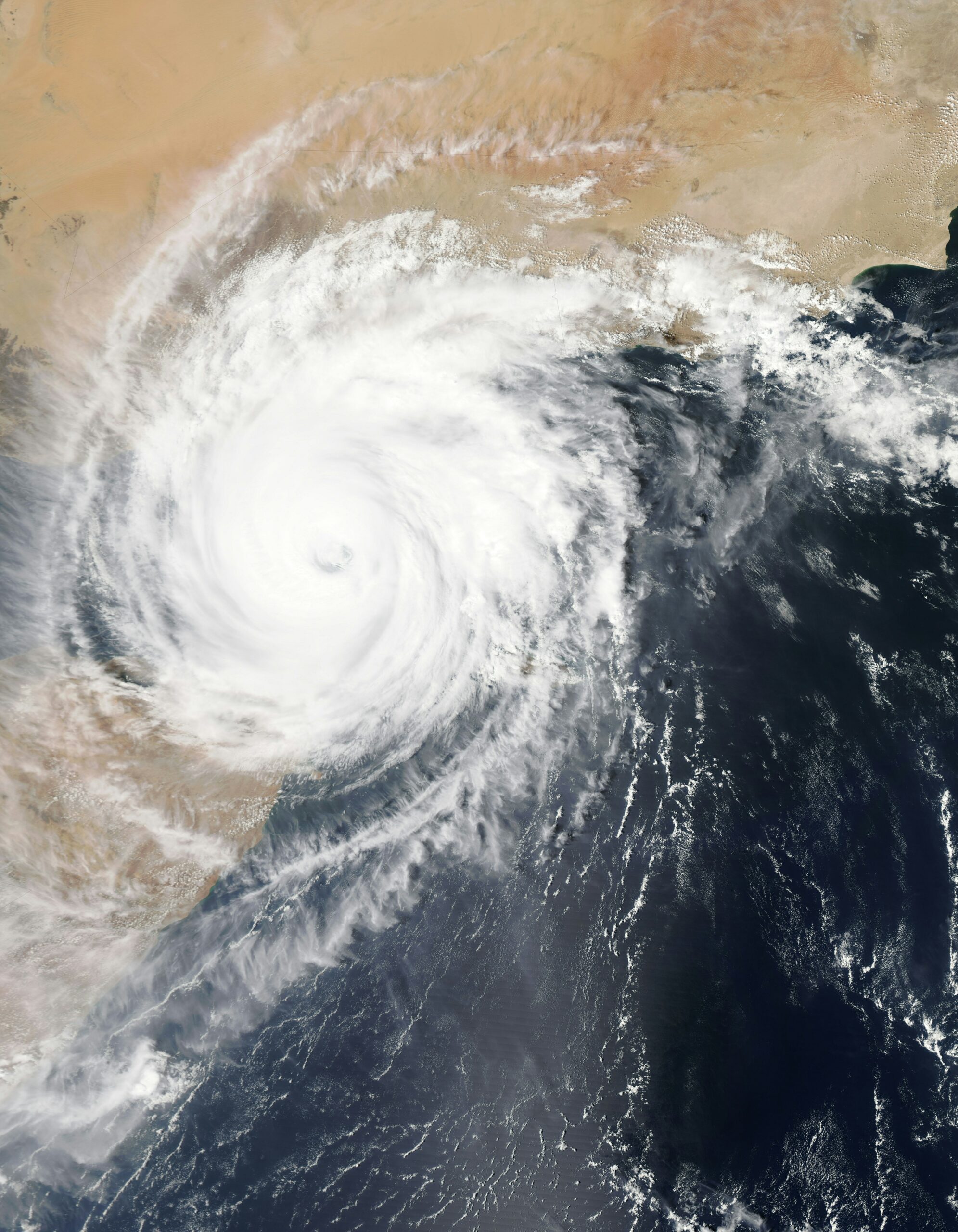Author: Sarah Norman
Date: January 28th, 2024

Area of Impact:
Atlantic Canada
Article Information and Location:
Canada’s Top 10 Weather Stories of 2023
David Phillips, Environment Canada
INTRODUCTION
Weather is a complex thing, and thanks to climate change over the last two years it’s been nothing but chaotic. Near the end of 2023, senior climatologist David Phillips assembled the notable Canadian climatological events of the year and put them into an article.

INFORMATION AND SIGNIFICANCE
The article first explains that, due to climate change, weather events are becoming worse, and 2023 was the hottest year in Canada on record. Phillips states that a quarter of a million Canadians had their lives upended, and that the wildfires of 2023 could have made three separate spots on the list as the wildfire season broke many records. Next, Phillips talks about the insanely high temperatures in the summer, making it the hottest year in possibly 125,000 years, and the longest string of summer temperatures on record. The cold is also mentioned in the introductory paragraphs, noting that places in central canada had days about 5-7 degrees below the average for January and February.
Wildfires were the most notable natural disaster discussed in the article. Nine different records were broken, involving recovery costs, area burned, and air quality reductions. Since the hottest summer in Canada on record was recorded in 2023, many wildfires, including those in Nova Scotia, spawned as a result of the long, hot dry spell. Inversely, rainfall amounts were also breaking records, coming to a peak in July when the rain squelched the wildfires but brought the new threat of flooding. The slow-moving storm also brought thunder, with more lightning in a single storm than the province would expect in a month. Four deaths related to the July storms were recorded, a tragedy the province is not likely to forget.
As Nova Scotia suffered with fires and flooding and central Canada blistered, the westernmost provinces and territories suffered from drought, heat and dryness. Temperatures were about 10 degrees above the average, and the flow of the Boden River was at its lowest since 1911. It states that this drought continued to cause water concerns and push communities into emergency. Fortunately, the drought ended for many communities before the end of the year, but this posed a significant danger of flooding in the soil, ill-prepared to absorb the water.
The significance of this is that unfortunately, this is our future. Things will change: it will get hotter in some places, wetter in others, drier in some. We in Atlantic Canada must accept this and work together to reduce the impacts as much as we can.

CONCLUSION
This article summarizes the significant weather events of 2023, in an effort to inform the public about the various dangers climate change is currently amplifying. This is significant for us, because it’s a warning; a glimpse into the figurative hole we’ve dug ourselves. We can fix it, but it will only get worse until we do.
